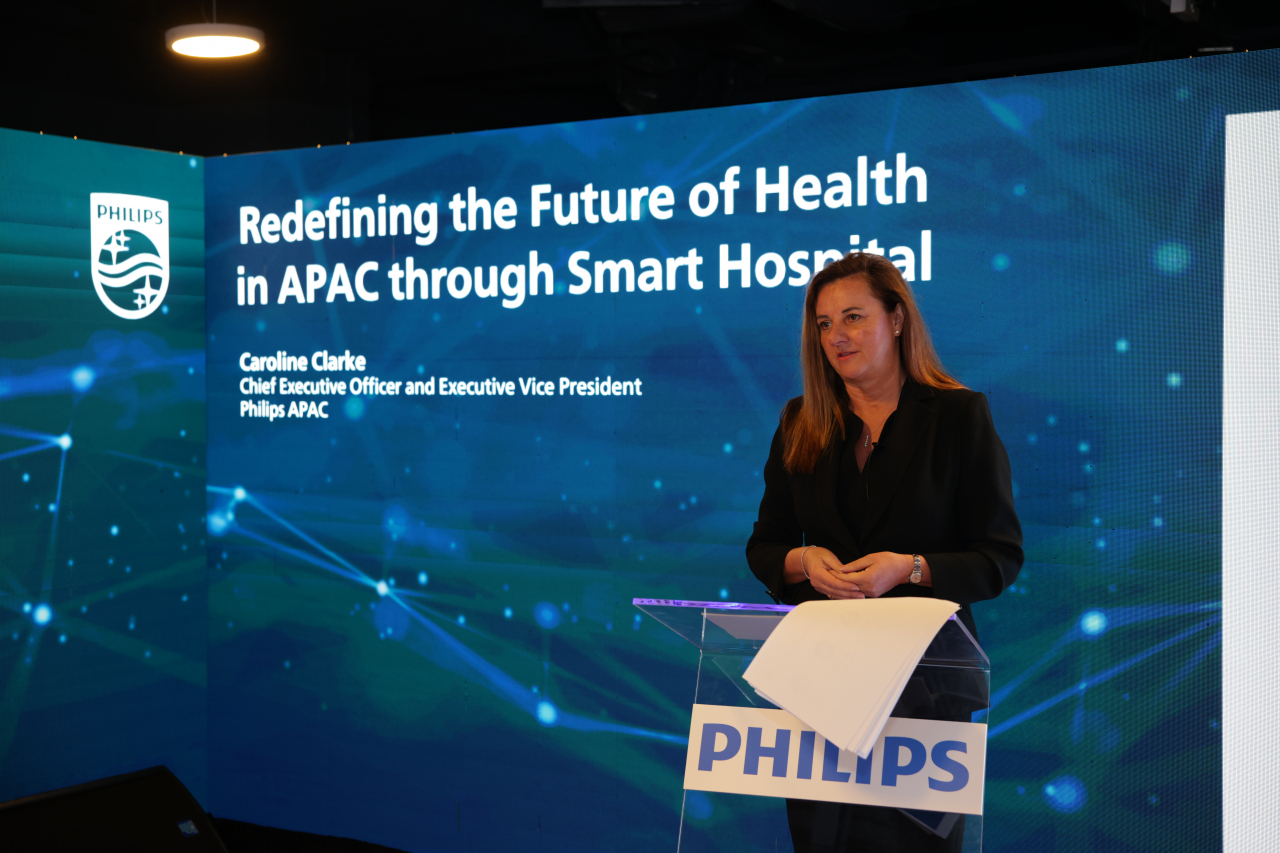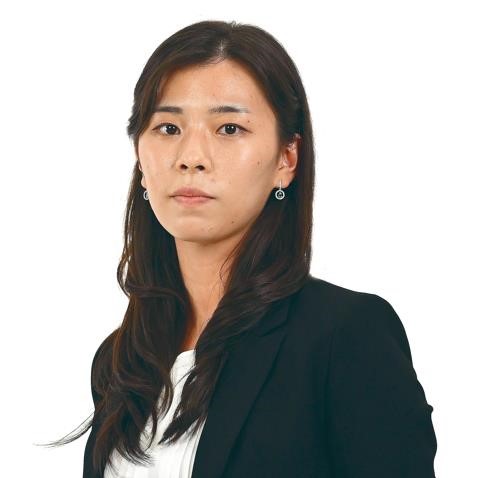Philips seeks to fight health care shortcomings with digitization
By Lee Yoon-seoPublished : July 26, 2023 - 18:56

By Lee Yoon-seo
Korea Herald correspondent
SINGAPORE -- Philips APAC, the multinational health care solution provider Philips' headquarters for the Asia-Pacific region, on Wednesday said it is committed to digitizing the APAC health care industry to enable better patient outcomes and drive greater work satisfaction, focusing on its state-of-art technologies as the health care sector grapples with escalating financial pressures and staff shortages.
Via a media event at Philips APAC's headquarters in Singapore, the company released the findings of its eighth Future Health Index report -- the company's proprietary research surveying some 3,000 respondents in 14 countries, spanning health care leaders, top hospital executives and younger health care professionals aged 18-40 who have completed a medical degree.
According to the latest report, Philips APAC said it is currently seeing a shift in the trend for health care professionals in the APAC region to increasingly embrace smart care models.
“For decades, (digitized) health care has been primarily delivered in centralized facilities like hospitals (in the APAC region), but this latest report shows that APAC’s health care leaders are making bold changes as they navigate unprecedented staff and financial challenges,” said Caroline Clarke, CEO of Philips APAC.
"We are seeing a shift towards a distributed model of care delivery in APAC that uses smart and connected digital health technologies and data to bring care closer to patients, at home or in the community, to where they are, anytime-anywhere," she said.
According to Clarke, the region’s health care leaders are ramping up efforts to expand virtual care and the use of artificial intelligence to more areas of the health care ecosystem.
Clarke said 51 percent of APAC’s health care leaders currently provide intensive or critical care support virtually. Additionally, 62 percent of the region’s health care leaders are also currently providing acute care at home virtually.
In regard to such situation, Philips said it has prepared a portfolio of solutions for plans going forward that focuses on comprehensive smart devices and services to address the specific pain points faced by health care providers.
According to head of sales Mark Burby, Philips APAC is majorly focusing on two technologies, including the digital twin technology -- which will provide a digital twin of virtual models of the human body that will employ AI to predict the chances for a patient's possibility to contract certain diseases, while being updated with every scan and every consult.
Burby added the company will also be ramping up efforts to utilize its clinical command center, which is the health care equivalent of a space station control room, with the aim to totally integrate patient clinical information from in-hospital and out-of-hospital solutions to move patients effectively across the care continuum.
Such transformation in the current health care industry come as the company sees that newfangled challenges lie await for APAC’s current health care system.
According to Clarke, the expected global deficit of qualified health care professionals is estimated to rise to 10 million by 2030. Furthermore, 25 percent of health care spending is considered wasteful by health care leaders, with services seen as excess costs that could be avoided with cheaper alternatives.
"Tomorrow, hospitals can no longer provide all the services under a single roof," said Burby.
"Instead they'll focus on using smart technologies to deliver highly specialized care, acute care, diagnosis treatment for the most ill or complex patients," he said, adding that the company envisages smart hospitals to connect people, data and technology in ways to improve operational efficiencies and combat shortcomings in the current health care industry.



















![[Today’s K-pop] Treasure to publish magazine for debut anniversary](http://res.heraldm.com/phpwas/restmb_idxmake.php?idx=642&simg=/content/image/2024/07/26/20240726050551_0.jpg&u=)